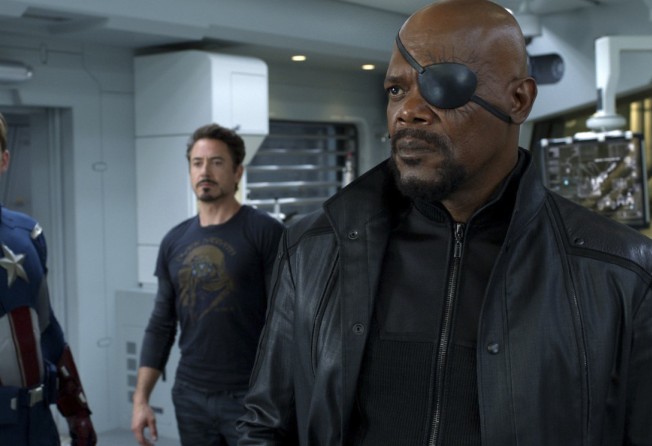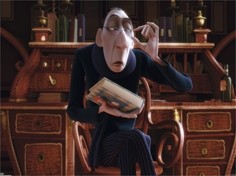
Book review: Better Living through Criticism should jolt the reader into deeper engagement
The New York Times’ film writer A.O. Scott invokes the necessity of the critic’s craft at a time when a fire hose of opinions threatens to obliterate all discernment


by A. O. Scott
Penguin

At the start of his new book Better Living through Criticism, The New York Times film critic A. O. Scott recounts the Twitter kerfuffle that ensued after he published his mixed review of Joss Whedon’s blockbuster The Avengers in May 2012. Actor Samuel L. Jackson, who plays Nick Fury in the movie, tweeted: “AO Scott needs a new job! Let’s help him find one! One that he can actually do!”
Scott, who has been reviewing movies for the Times since 2000, took the call-out in his stride. Anyone who writes about film or TV or music or any other element of popular culture from a critical perspective knows the job requires a thick skin, as well as the confidence not to feel like they need to defend their work from others who disagree.
“Neither my person nor my livelihood was in any danger, and The Avengers went on to become the second-fastest film to date to reach $1 billion at the global box office,” he writes. “I gained a few hundred followers on Twitter and became, for a few minutes, both a hissable villain and a make-believe martyr for a noble and much-maligned cause. It was win-win all around, and then everyone moved on.”
Scott goes on: “But even a tempest in a teapot can have meteorological significance, and I think Jackson raised a valid and vital question. Putting aside the merits or limitations of what I wrote about The Avengers or any other movie, it’s always worth asking just what the job of the critic is, and how it might actually be done.”
The rest of this heady, engaging book argues that the critic’s primary responsibility is to think about the work and to not “regard art as an ornament” or “perceive taste as a fixed, narrow track along which each one of us travels, alone or in select, like-minded company”. The book acknowledges the present-day crisis afflicting newspapers and magazines – for decades the primary sources of American criticism – and acknowledges the tidal wave of critical writing, from blogs to Yelp, that the internet has made possible. Better Living through Criticism doesn’t champion one over the other. Scott only calls out “hurried, time-serving, muddled attempts at criticism, most of them perfectly sincere, some of them written by the author of this book. You cannot always safely shrug and demur, even if that is your true response, and so you wander into thickets of noncommittal or insincere expression.”

Better Living through Criticism ends with a defense of Anton Ego, the ostentatious restaurant critic who so is so stunned by a plate of food at the end of Pixar’s Ratatouille that he writes, “The work of a critic is easy. We risk very little, yet enjoy a position over those who offer up their work and their selves to our judgment. We thrive on negative criticism, which is fun to write and to read. But the bitter truth we critics must face, is that in the grand scheme of things, the average piece of junk is probably more meaningful than our criticism designating it so.” Scott argues that Ego’s recognition of the masterpiece he has eaten unites the critic with the creator: they are kindred spirits who are both, in their own ways, vital artists. With this breezy, entertaining, erudite book, Scott jolts the reader to think harder, write better and look closer. It’s a blast of inspiration.
Tribune News Service